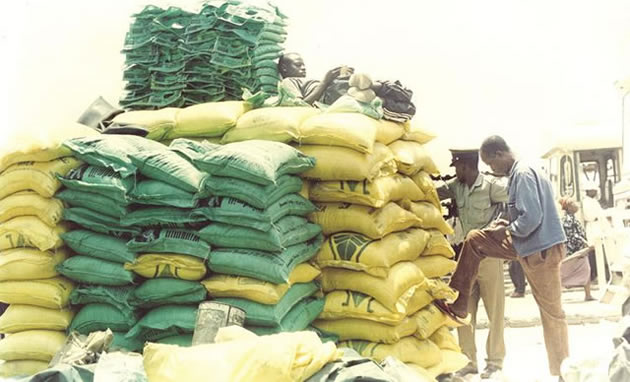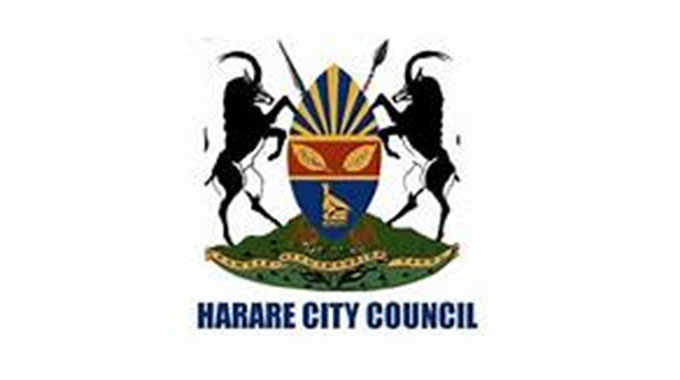‘Sable closure won’t affect fertiliser availability’

 Elita Chikwati Agriculture Reporter
Elita Chikwati Agriculture Reporter
The switching off of Sable Chemicals, the country’s sole producer of ammonium nitrate (AN) by Zesa Holdings, will not affect the 2015-16 agriculture season as the industry had already made arrangements, a fertiliser industry spokesman has said.
Fertiliser industry spokesman, Mr Misheck Kachere said AN has always been imported and the industry would increase imports to meet local demand.
“Sable Chemicals was cut from the grid on Monday and this will not affect our programmes or even the pricing of fertiliser. The prices will be reviewed downwards every month.
“We knew power would be the major challenge and had made arrangements to import additional ammonium nitrate. Of course, we will have logistical problems but this will not affect the supply,” he said.
Mr Kachere said last year, 170 000 tonnes of ammonium nitrate were used but Sable Chemicals had manufactured 75 000 tonnes.
The fertiliser industry had already imported 80 000 tonnes of ammonium nitrate to meet the local deficit.
Zesa switched off Sable Chemicals after the Energy and Power Development Minister Samuel Undenge last week announced that 40 megawatts that had been dedicated to the firm would be diverted to residential areas.
This resulted in Sable Chemicals closing its plant with 500 workers losing their jobs.
Meanwhile, farmers have appealed to Government to prioritise farming areas for power supply.
Most of the affected farmers are wheat, tobacco and seed maize farmers who rely on irrigation.
Zimbabwe Commercial Farmers’ Union president, Mr Wonder Chabikwa said most farmers had planted their irrigated tobacco and were having problems irrigating it.
“We are advising farmers to irrigate during the evening when there is power to reduce losses,” he said.
Zimbabwe Farmers’ Union president, Mr Abdul Nyathi said most farmers were now switching to generators but this was not viable for farming.
“While using generators may save the crop, fuel costs will increase cost of production. We appeal to authorities to prioritise agriculture,” he said.
Agriculture is the backbone of the economy and Zimbabwe is one of the major producers of tobacco.
Last season, farmers pocketed $586 million after selling 198 million kilogrammes of tobacco.










Comments